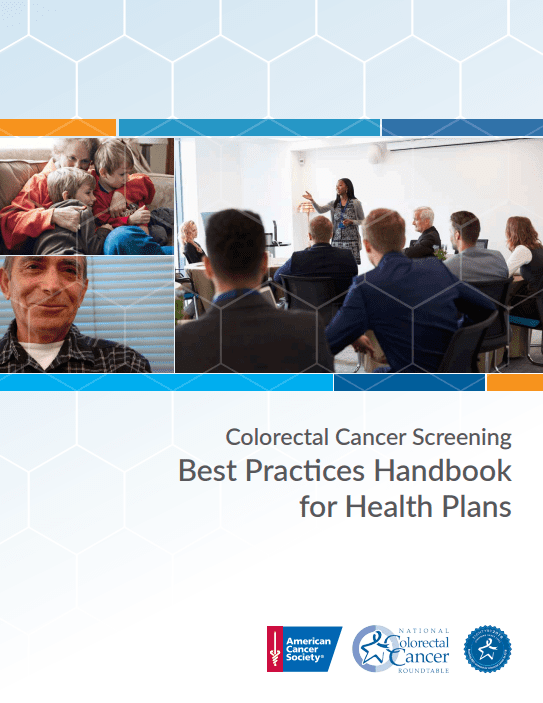Target Audience: Insured

NEW!
Blue Star Conversation: July 9, 2025
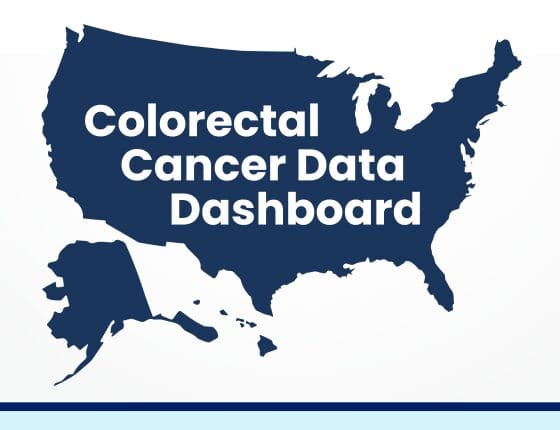
New Resource Webinar: Colorectal Cancer Data Dashboard

Colorectal Cancer Data Dashboard
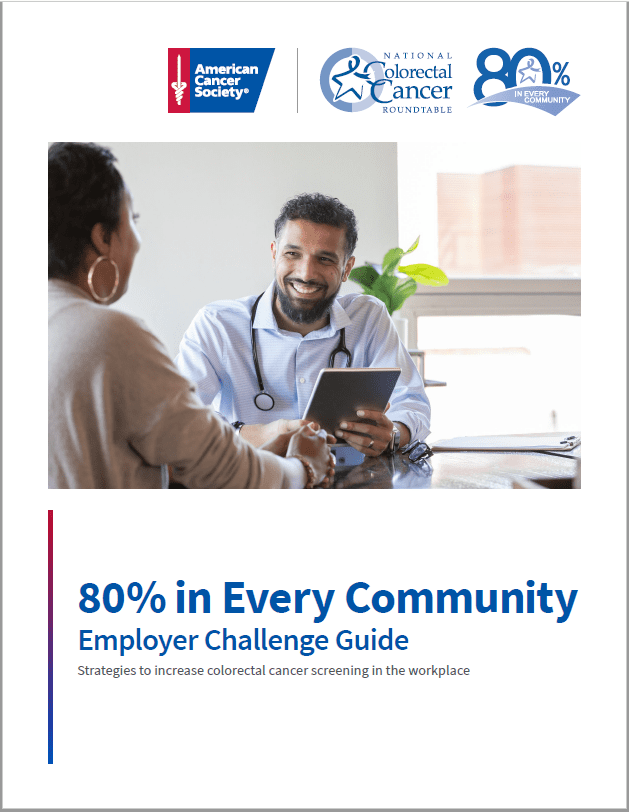
80% in Every Community Employer Challenge Guide
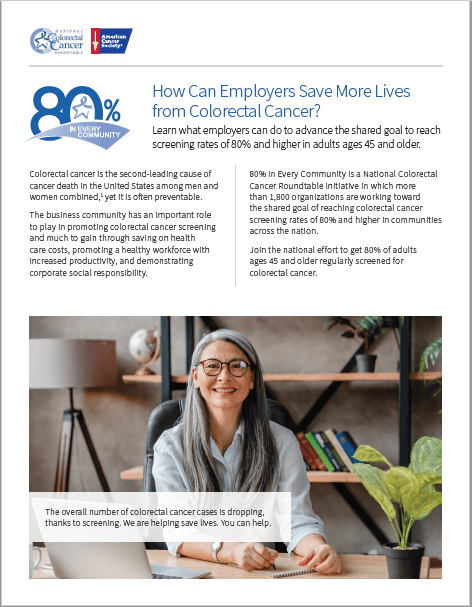
How Can Employers Save More Lives from Colorectal Cancer?
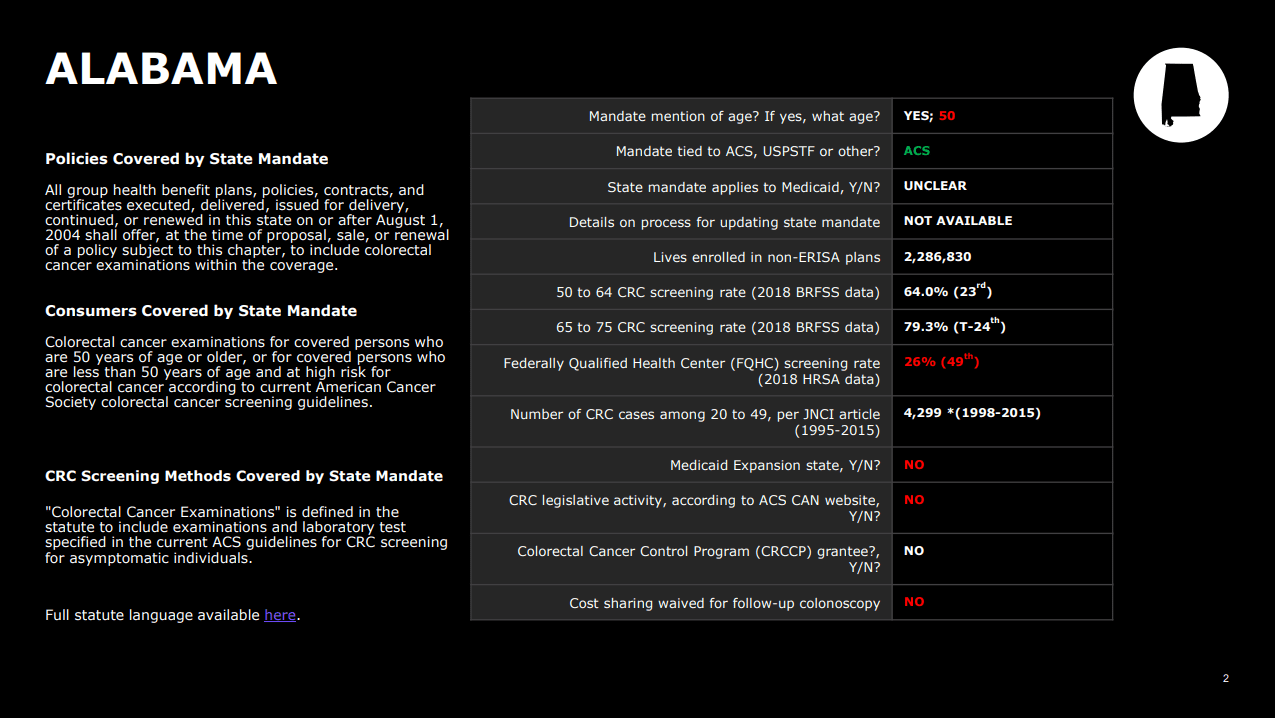
State-by-State Colorectal Cancer Screening Landscape
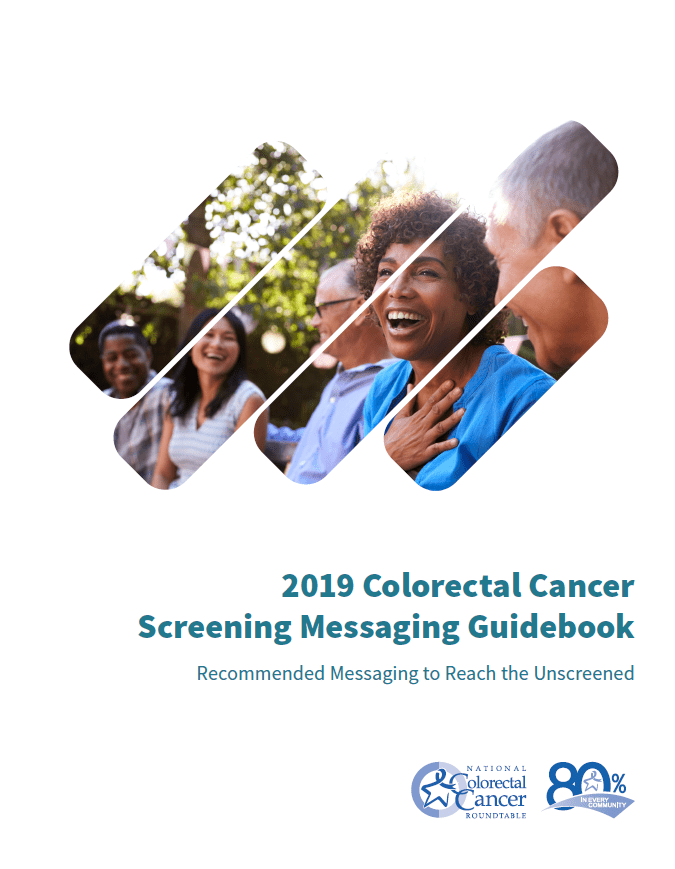
2019 80% in Every Community Messaging Guidebook: Recommended Messaging to Reach the Unscreened

HSRA Community Health Center Program Data
